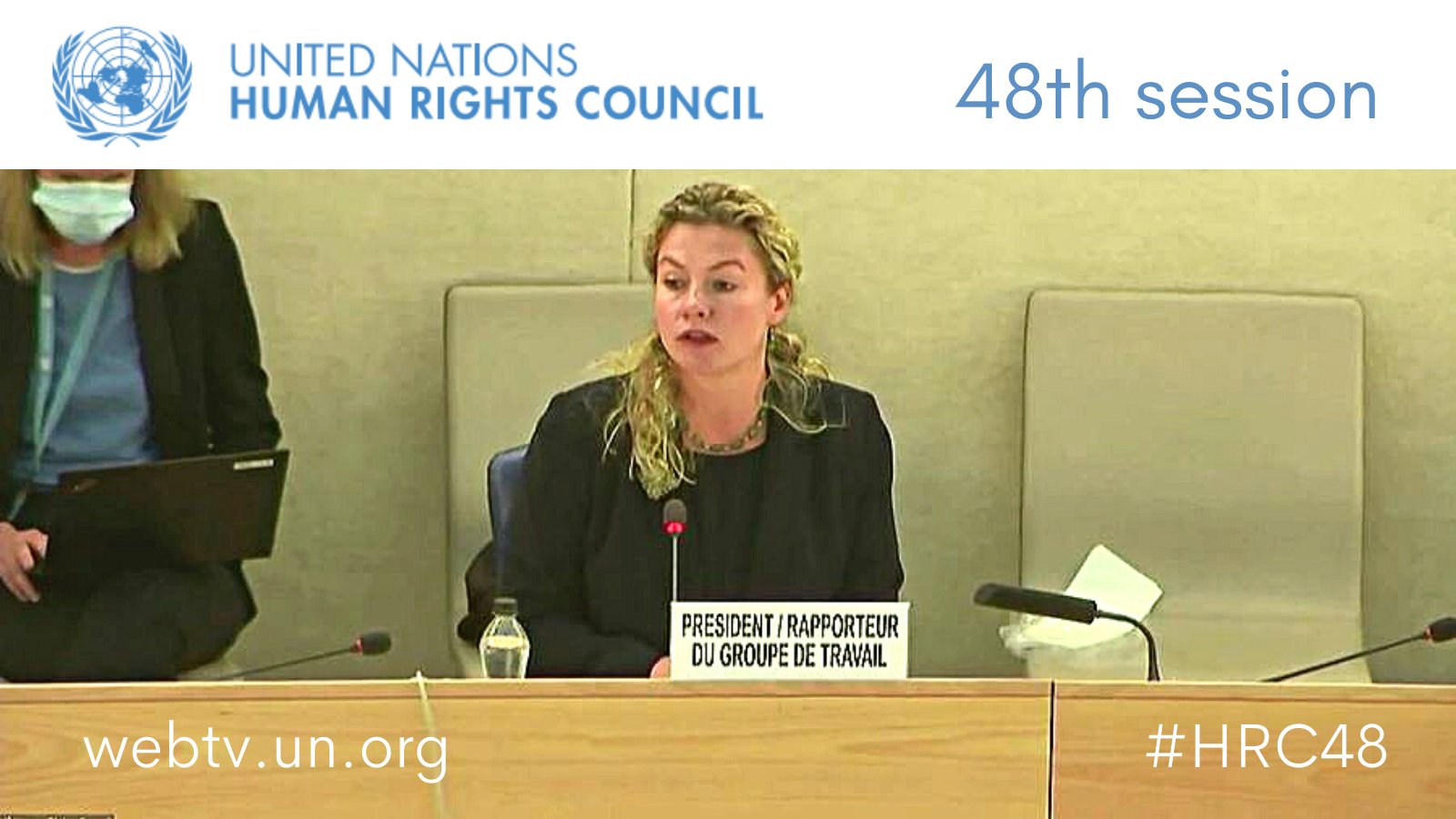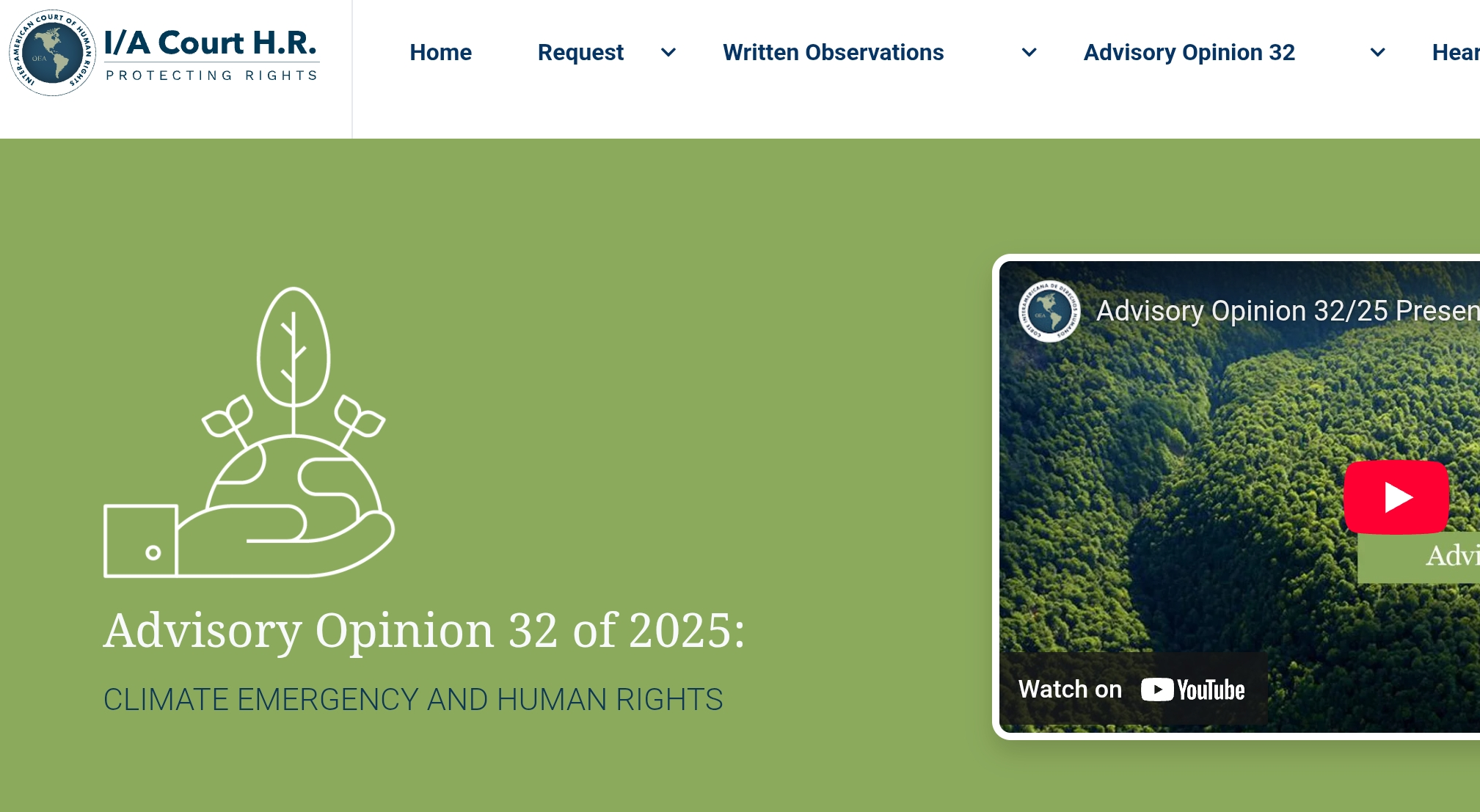At the Human Rights Council’s 48th session, the UN Working Group on Arbitrary Detention presented a compelling report of their work over the last year. Coverage of the discussion was made available here.
In addition to adopting some 92 Opinions over the past three sessions, as well as sending some 200 Communications to governments, the Working Group found time also to address key issues.
- Arbitrary detention of HRDs
Citing the UN Declaration of HRDs, the Working Group chairperson emphasised the critical work of defenders – but also noted that, more than 20 years after the adoption of this text, ‘defenders remain vulnerable to arbitrary deprivation of liberty’.
The report itself notes – as also reinforced in an upcoming report by the UN Special Rapporteur on Human Rights Defenders – that sentences of lengthy prison terms are used to silence human rights defenders, often under the guise of protecting ‘national security’.
Put another way: “In 2020, approximately 30 per cent of opinions adopted by the Working Group involved the detention of human rights defenders… this represents an alarming targeting of civil society members.”
Yet, this remains illegal under international law. The Working Group has repeatedly stated that ‘detaining individuals on the basis of their activities as [HRDs] violates their right to equality before the law’. In other words, it constitutes discrimination.
As also expressed by colleagues in the Working Group on Enforced or Involuntary Disappearances, the use of forcible removals – including, for example, extradition and deportation – caused significant concern. Experts emphasised that transfers must respect the right to a fair trial and due process, including access to legal counsel, consular assistance and to appeal.
- Detention in State-to-State Relations
In February and May 2021, respectively, the Canadian government launched a multilateral Declaration and Partnership Action Plan on arbitrary detention in international relations. The Working Group welcomed this initiative, and pledged to support its implementation, noting in the report that its aims and purposes were highly aligned.
A chance to encourage progress from China
China received the second-most Urgent Appeals (4) and the second-most Allegation or Other Letters (9). But rather than showing a willingness to cooperate with the Working Group, China has since 2015 refused to accept the experts’ request to undertake a country visit.
In this context, where dialogue and cooperation are not an option, what can family members do to seek justice for their loved ones?
ISHR had the honour of hosting the wife of Zhang Haitao, who – in the face of serious harassment targeting herself and her family, harassment that forced her to seek asylum in a third country – continues to fight against her husband’s imprisonment.
She told the Human Rights Council that his arrest and trial were based on his exercise of free expression – online posts criticising a range of government policies, including those targeting Uyghurs in the Xinjiang Uyghur Autonomous Region, and sharing what he saw around his home province.
Adds Sarah M Brooks, ISHR programme director: ‘It is so hard to understand the cruelty of a state that not only uses extreme sentencing to punish dissenting voices, but that also keeps family from seeing each other for almost four years.’
‘And yet, arbitrary – often incommunicado – detention is a recurrent, systemic issue affecting human rights defenders in China. It’s high time we moved past the government’s lofty rhetoric about respect for rights, and its ‘wolf warrior’ approach to criticism, to truly hold them to account’.
The full statement as prepared is available in English and Chinese, and by video here.




